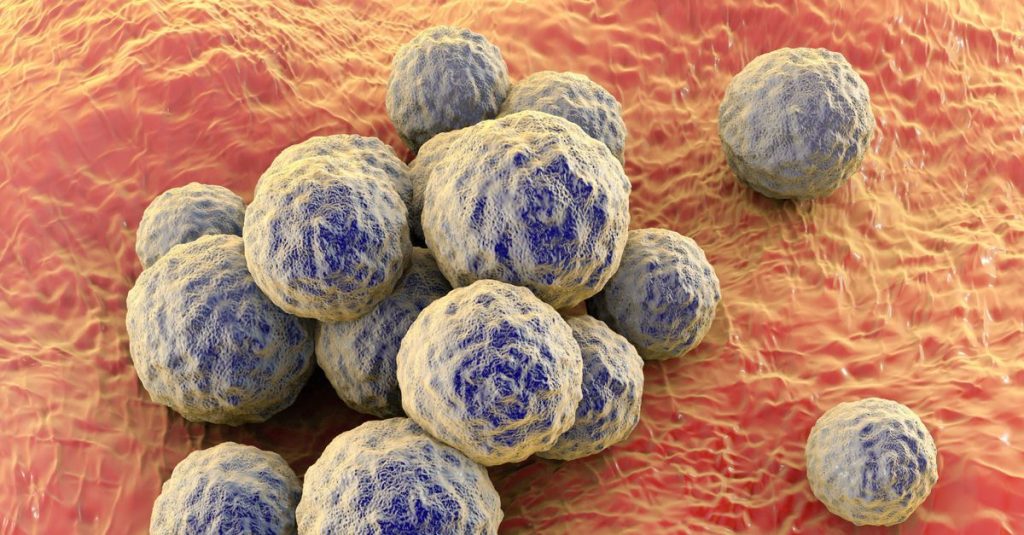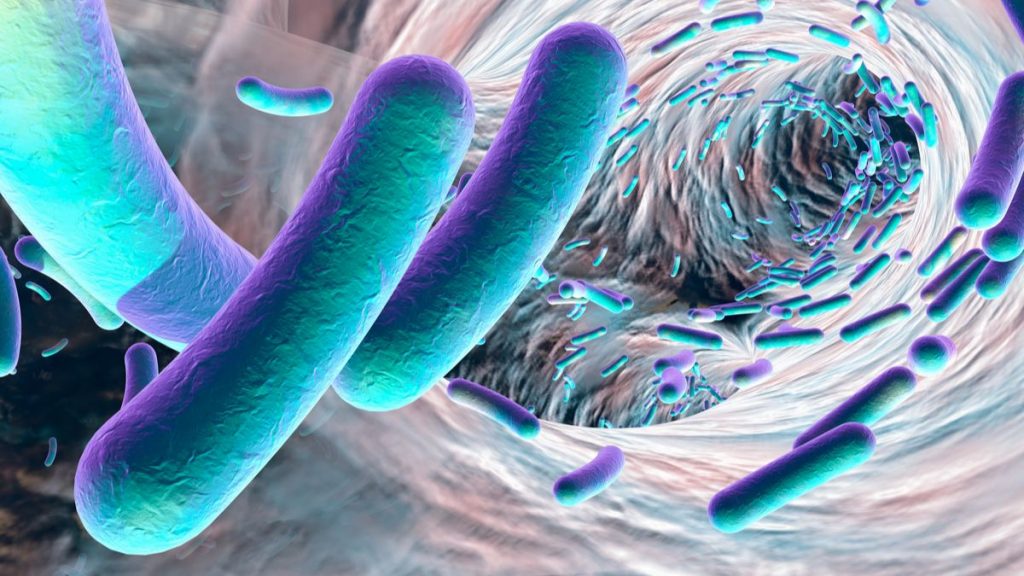Researchers in Hong Kong recently discovered that a drug used to treat rheumatoid arthritis suppresses bacteria resistance to antibiotics.
Antibiotic resistance, a major health problem
Antibiotics were one of the most important scientific discoveries of the 20th century, but decades of overuse have unfortunately caught up with us. Being one of the few organisms able to circumvent the laws of evolution, bacteria have also developed resistance to almost all the drugs used to fight them. Because of this, if the problem is not resolved quickly, many scientists fear that we will witness a news ” dark era Of medicine, where even the most mundane of infections would become fatal again.
To prevent this nightmarish scenario from happening, a team of Hong Kong researchers studied existing drugs that could turn the tide and found that theauranofin, a drug used to treat rheumatoid arthritis since the 1980s, could restore the bacteriological function of two antibiotics ” last resort Which become ineffective.
The carbapenems are a class of antibiotics used to treat infections that are resistant to virtually everything else in our arsenal. Colistin, on the other hand, is considered an antibiotic of last resort due to its serious side effects. It is worrying that bacteria are increasingly resistant to these two types of compounds.
As part of this new work presented in the journal Nature Communications, the researchers exposed multiresistant E. coli bacteria to auranofin, and found that the drug inhibited two key enzymes used by bacteria to resist antibiotics.

Impressive first results
Known as metallo-beta-lactamase (MBL), the former is used by bacteria to break down carbapenems, while the latter is shown to be the resistance enzyme. mobilized colistin (MCR) which, as the name suggests, fights colistin.
When the team combined auranofin with colistin or a carbapenem called meropenem, she found that the old drugs not only started killing superbugs again, but they could do so in a dosage 32 to 64 times lower than that usually used. This would reduce some of the side effects associated with these compounds.
In tests done on mice with drug-resistant infections, researchers found that the combination of auranofin and colistin killed ten times more bacteria in the animals’ liver and spleen than the antibiotic alone. More preferably, in mice with systemic infection with an E. coli superbug, all treated animals survived after five days treatment with auranofin and colistin.
Although much work remains for researchers, including testing in humans, the results obtained so far are promising. This type of treatment could help strengthen our last line of defense against superbugs, saving us time to develop new antibiotics or treatments.


